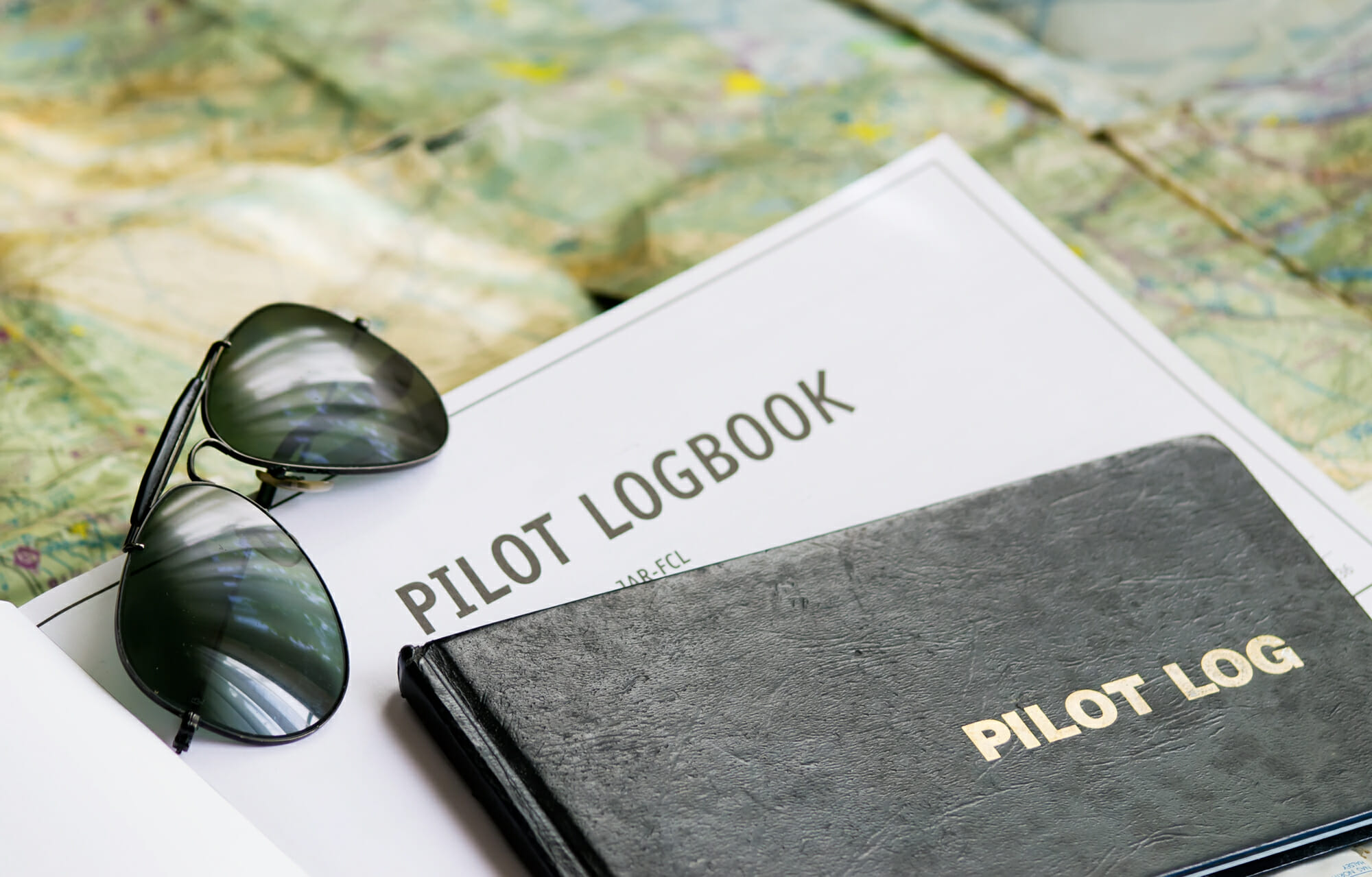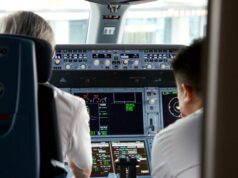
Flight training is a lengthy and arduous process. It takes significant effort and determination to earn all of the licenses and ratings that are required to gain employment as a professional pilot. We eagerly record every flight because we know each completed line in our logbook brings us closer to the next license, rating, or professional opportunity. While flight hours are important in this industry, as job requirements are developed using flight hours as a gauge of experience, the numbers alone do not allow us to analyze our performance or look back upon our progress. I believe it is also important to keep a personal log of your performance and experiences in order to continue growing as an aviator.
If you compare the logbooks of two pilots who went through the same program for a certain license or rating, odds are that they would look quite similar. They would show approximately the same number of hours and the same general training outline. However, the two pilots could have had much different training experiences. Overall, a logbook does not provide much insight into a pilot’s strong points, weak areas, and overall performance. Even if the debrief of a flight lesson is recorded and stored, I doubt many students will take the opportunity to review that specific document/record again. It is easy to debrief a flight and review what went well and what did not, and then proceed to lose that valuable feedback as you drive away from the airport. I believe that you are doing your future self a huge favor by logging your own details of your flights in addition to the normal data you write in your logbook. Acting like a personal debrief, a log of your reactions to flights soon after they are completed will provide you with an opportunity to capture details of the flight that you may forget if attempting to recall them later. What went well during the flight? What could have been performed better, or handled in a different way? Thinking through these questions allows you to give yourself honest feedback about your performance and overall piloting skills which will result in better preparation and more efficient flight lessons.
Over time, keeping a personal record of post-flight notes will continue to serve you very well. For one, it will allow you to identify patterns within your flying. For example, noticing an altitude deviation on a certain maneuver in frequent entries indicates that the maneuver requires special attention. On the other hand, you may notice that your radio calls become problematic when there are many other aircraft in the area causing you to feel overwhelmed. Be sure to also include positive highlights too, as it is important to recognize what was done well in order to track overall improvement as you progress through training. The types of notes and experiences that you record will likely change as you move through your career, but the purpose will stay the same. During my initial flight training, my notes focused more on performance of maneuvers than anything else. Fast forward to my flight instruction days and my notes were related to specific subjects that I wanted to review with a student before their next flight. As an airline pilot now, my notes are mainly used for experiences or to detail in-flight events that I want to recall at a later point in time.
You will also find these post-flight notes helpful when beginning to prepare for an interview. Many common interview questions require you to look back at your experiences and reflect on your actions. Your collection of notes will allow you to identify important and relevant experiences and provide details of those events that you may not have been able to remember without them. You may be asked to describe a particularly stressful flight during your instrument training, or a time you had to overcome an obstacle in a professional role. Attempting to recall situations that relate to these question is very difficult when you have several hundred hours, if not several thousand. Recording details of interesting experiences as you progress through your career will provide you with a document that highlights these events.
Keeping an additional log that details your thoughts and reactions soon after flying will be a great resource in both the near and long terms. Putting forth this effort will help you identify areas of your flying that need a bit of work and will also show improvements and overall performance trends. Your collection of post-flight notes will also be a great resource to refer to as you progress in your career and wish to revisit the details of exciting, unique experiences.

























































































































